BoA. Se7en. Rain. Lee Hyori. All of these names come to mind when thinking of all-time great soloists in Korean pop, but they share one thing in common: they're from a previous generation of K-Pop, dipping into their thirties in a notoriously youth-driven market.
As the years have passed since the debut eras of these stars, the industry has changed, with the tastes of the public shifting more towards units and super-groups than solo acts. As it turns out, these trends aren't exactly random, and they create an interesting situation for artists looking to establish longevity in the Korean industry.
The Soloist Era
If there was ever a true "soloist era," it was the early-to-mid 2000s. As groups like H.O.T. and Sechskies made their exits from the industry, fans were happy to embrace performers who showcased power and strength on the stage as an individual. Charismatic male idols like Rain and Se7en competed hit-for-hit, and BoA had established herself as a bonafide international superstar after taking over the Japanese charts and performing alongside acts like Britney Spears. Clips like that one and Rain's later appearance on the 'The Colbert Report' even brought international eyes upon the acts (and K-pop at large), and essentially planted the seeds for their efforts out West.
Rain on 'The Colbert Report'
Of course, you can't talk about this period in K-pop history without mentioning Lee Hyori as well. Her 2003 solo debut with "10 Minutes" immediately transformed her into a megastar, and subsequent singles from "Toc Toc Toc" to "U-Go-Girl" all commanded the attention of the Korean public upon their release. Her special stages became a staple at music shows, with fans clamoring for her brand of girl power.
Solo acts losing steam
By the late 2000s, each star had slightly diverged in their path - Hyori maintained her image as a dominant soloist in Korea while BoA juggled Japanese and American promotions. Se7en trained for a U.S. debut for years as well, with his efforts culminating in the release of "Girls" (featuring infamous American rapper Lil Kim). Even Rain got in on the Western action, acting in both 'Ninja Assassin' and 'Speed Racer,' and even releasing English language versions of his songs.
Although soloists like Hyori and Lee Jung Hyun remained active, the absence of several of Korea's biggest stars was felt, and in some cases, it lasted for several years. Groups like Big Bang and Super Junior gained footing, and a rush of girl groups including Girls' Generation and 2NE1 populated the market and began scoring hits. Spaces in the market that used to be occupied by soloists were being ceded to groups, and fans loved watching the success of people working together. Things were certainly changing.
By the dawn of the 2010s, BoA's American promotions had been over for some time, and her Japanese ones scaled down with each successive release. While her core fans remained, it seemed as if her presence on Superstar K was eventually a better way for her to reach the public than her music.
Se7en, of course, became embroiled in a scandal while in the military. This effectively ended his relationship with long-time label YG Entertainment, and tainted his image; his 2016 comeback fared so poorly that he was forced to acknowledge it in interviews.
Rain's power also seemed to wane with each release, perhaps as a result of the changing tastes of Korean fans. While fans loved his unmistakable sexy stage presence, the public began to question him after the single "Busan Woman" was accused of plagiarism. Subsequent efforts, double title tracks "30Sexy" and "La Song" and PSY-produced "the Best Present," performed poorly in terms of sales.
Lee Hyori, as you might know, had several plagiarism scandals of her own. In 2006, her single "Dark Angel" was accused of ripping off Britney Spears. Though 2008 saw her score a massive hit with "U-Go-Girl," the troubles continued in 2010 after composer Bahnus threw her under the bus and plagiarized the songs he contributed to the 'H-Logic' album. After it was verified in court that he lifted seven songs wholesale from Western acts and falsified employment information, he was sentenced to a year and six months, but the damage to Hyori was already done. It would be three years before she released more music, and her absence exacerbated the larger problem of soloists' slipping power.
In recent years, other once-massive solo acts have also struggled in K-Pop. Lee Jung Hyun, Baek Ji Young, Son Dam Bi and even legendary Seo Taiji have all seen dramatic drops in sales during recent promotional periods. Many other soloists have taken to releasing collaboration singles, and it seemed that both industry and fan tastes were focused on power in numbers.
What happened?
Ultimately, the shift away from soloists in K-Pop is due to a combination of the above "Big Four" experiences and the whims of an ever-changing market. A variety of factors could have lead to labels promoting solo artists less often, or through collaboration singles. Some might have been trying to utilize the brand power of more than one artist at once, in the case of collaborations. Others might have seen the controversies that acts like Hyori and Se7en went through and questioned investing too much in a single performer. Plus, failed US debuts hurt the images of BoA and Se7en, and it became harder to market either as dominant superstars with those memories in the rear-view.
As for a dearth of new solo debuts, it's easy to understand why labels might focus on assembling groups right now: acts like EXO and Twice sell like hotcakes, and when fans have more members of a group to fall in love with, it creates more opportunities for the group to succeed. Whether that means multiple editions of an album that a single fan might buy for collection's sake, or not needing to hire quite as many backup dancers, groups are a win-win for K-Pop labels when established properly. Such a point is only driven home by the existence of shows like 'Produce 101' and 'BOYS24,' both of which are known for dazzling with dozens of performers at once.
The truth is, though, it's not all bad for solo artists in Korea. In fact, some are still quite massive - names like G-Dragon come to mind. Fans of soloists can find security in the knowledge that trends change, because it more or less means their turn is coming again soon. Plus, you can always count on a few acts going against the grain no matter what, gaining attention for what they accomplish when they stand alone - after all, that's what being a soloist is all about.
SEE ALSO: Lee Hyori stuns in all-white look ahead of âJust Make Upâ premiere


 SHARE
SHARE


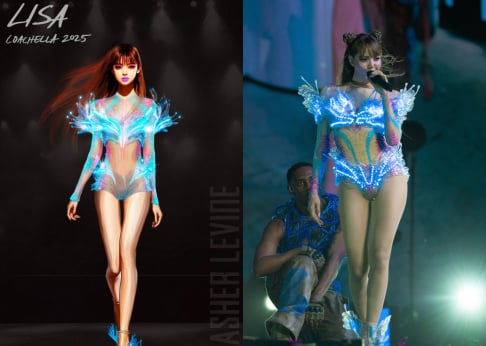
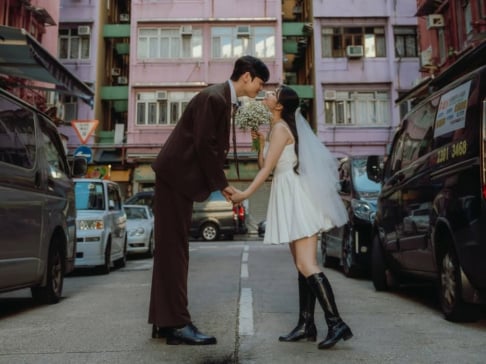
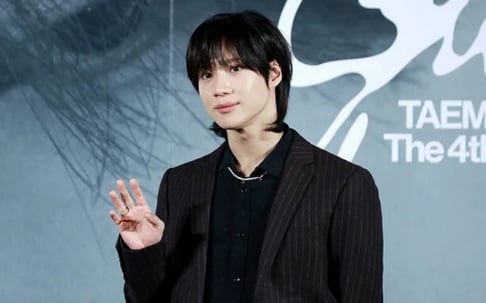
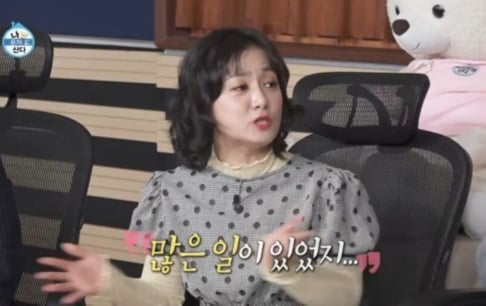
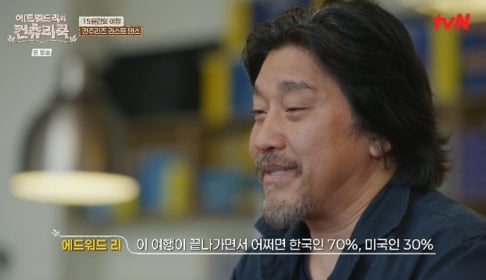
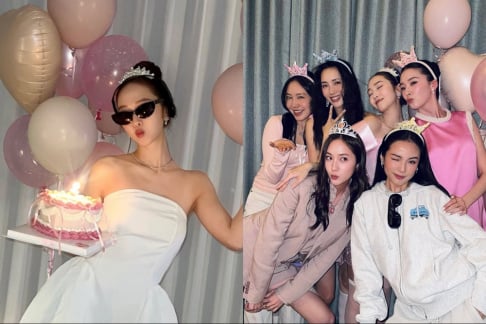

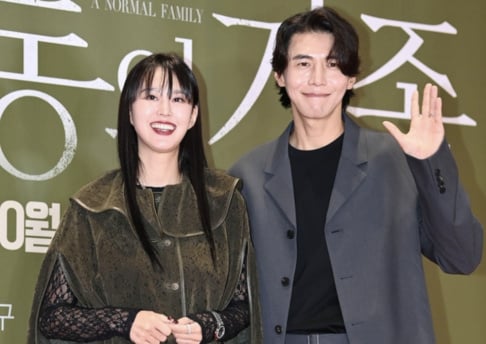
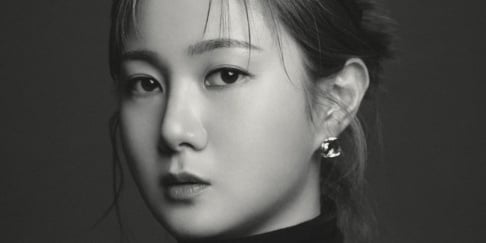
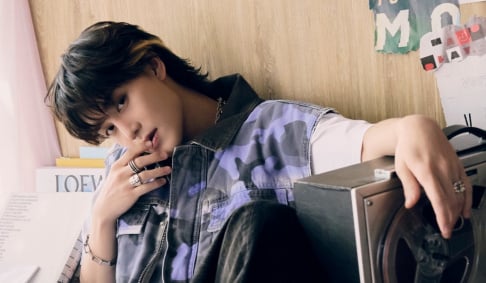
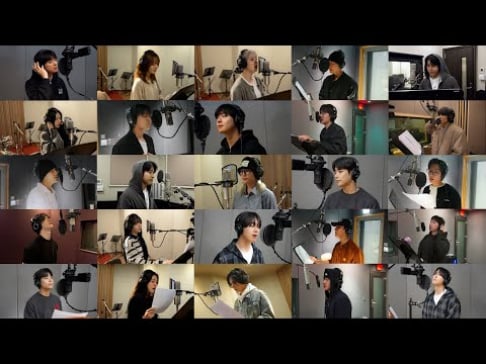
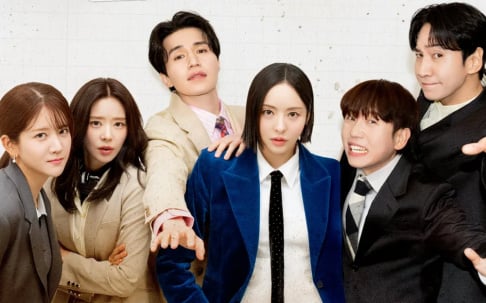
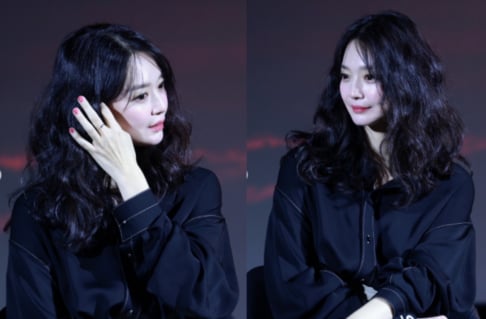
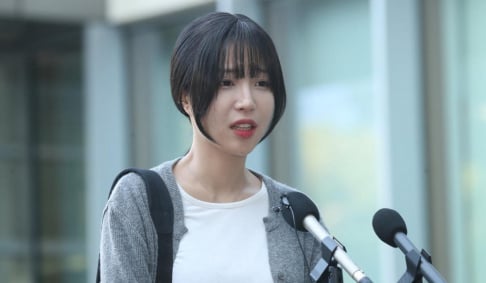
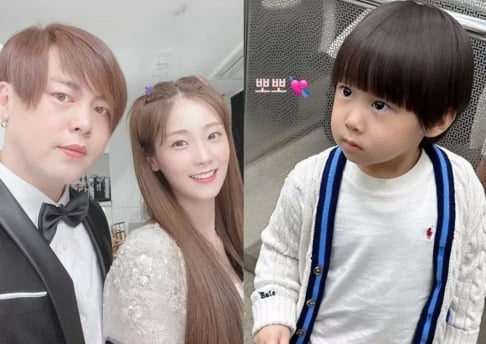


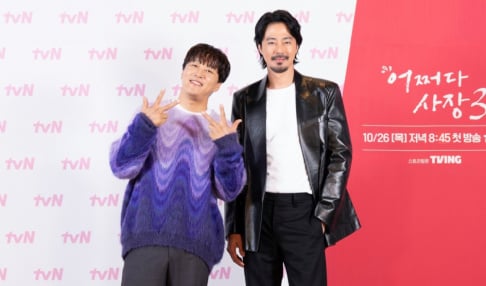
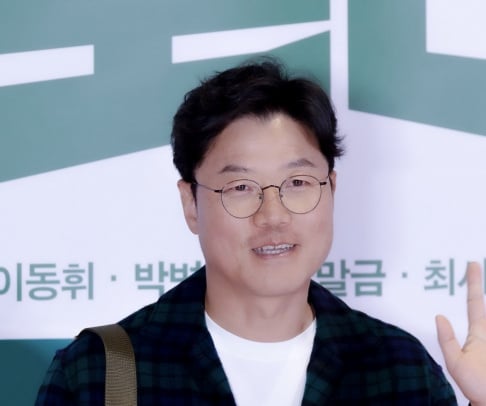
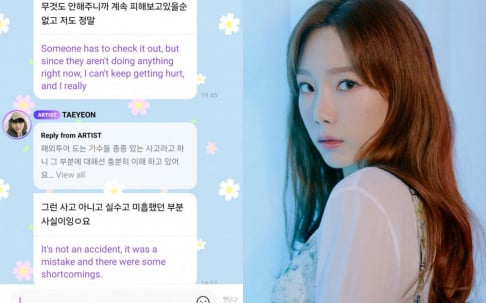
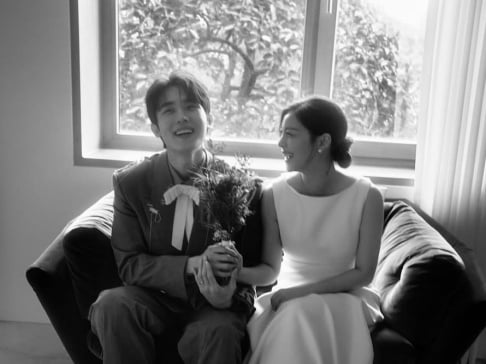
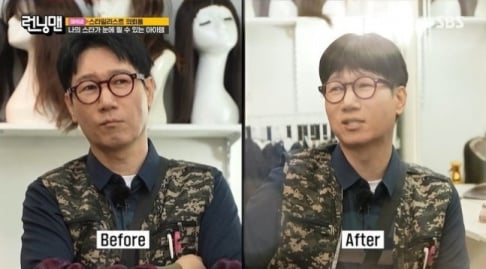
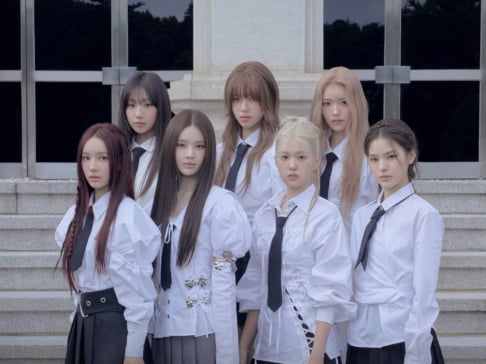
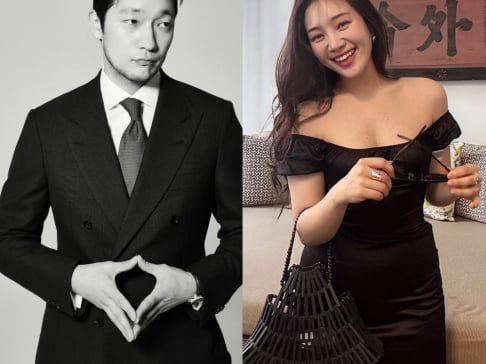
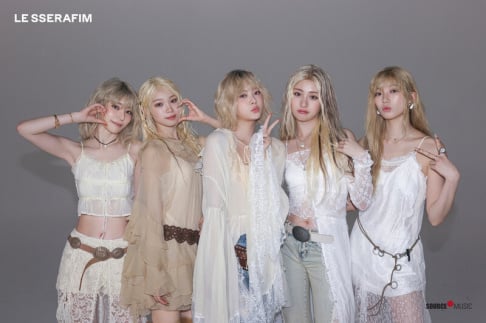
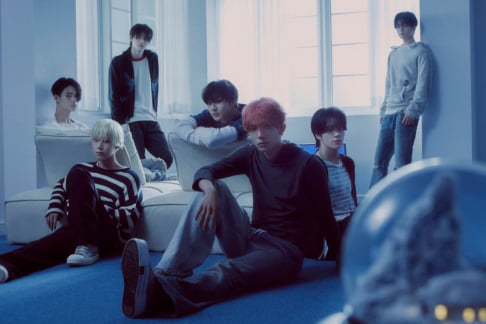

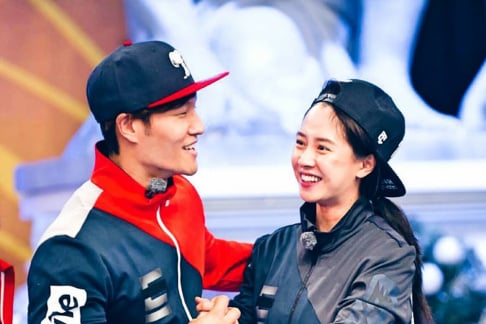
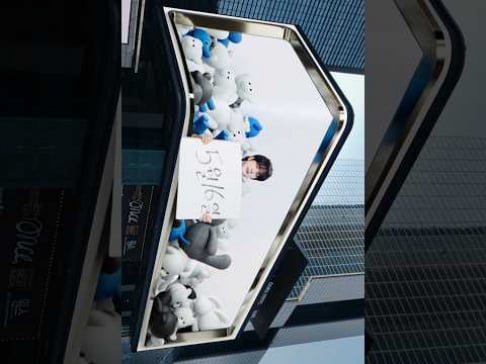
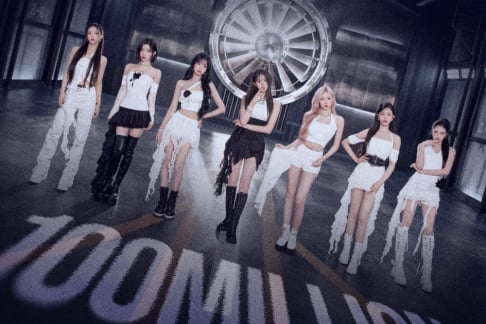
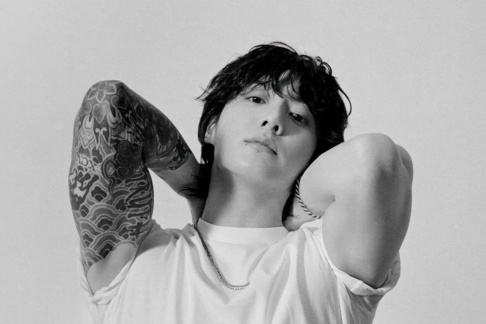
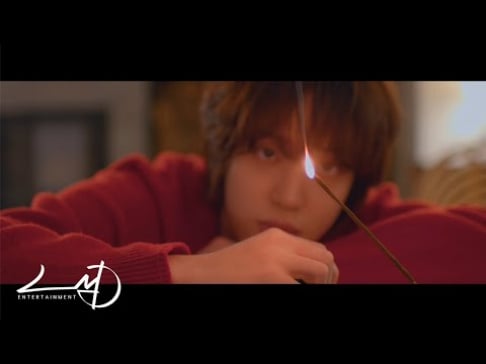
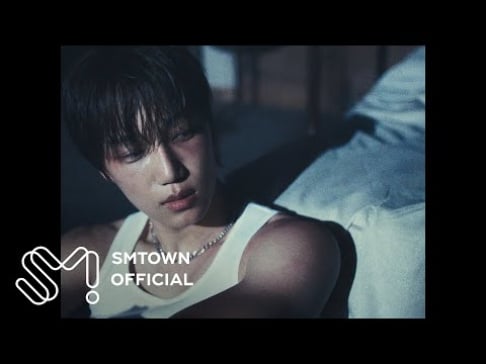
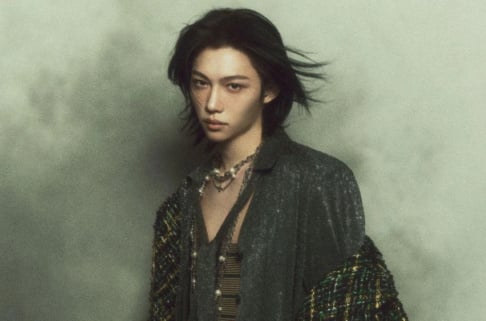
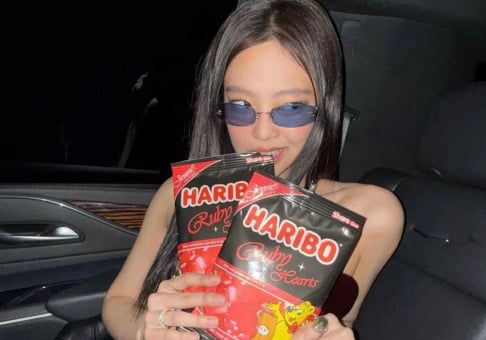

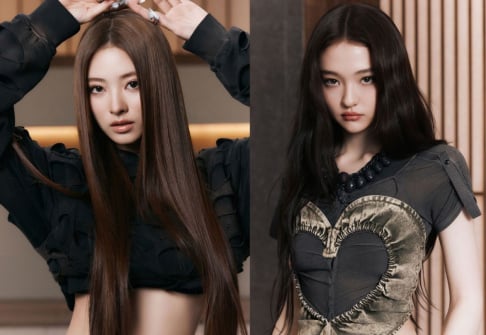

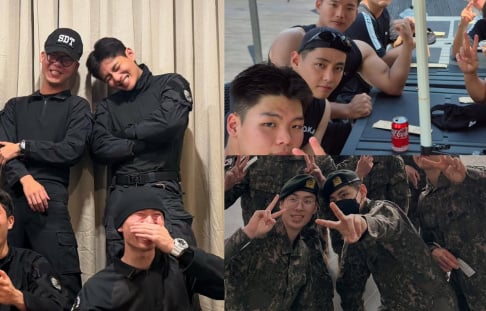
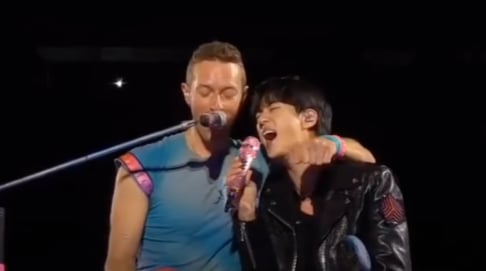






Log in to comment